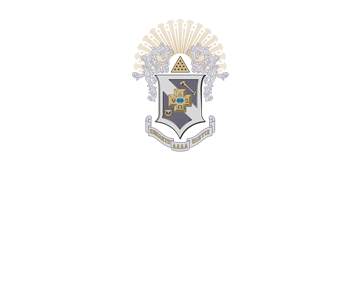By David DellaPelle ’17, from The Muse, Fall 2015

On September 20, Andrew Sorkin ’99, a Gerald Leob Award-winning American journalist and author, skyped with the undergraduate brotherhood of Sigma Pi, using the newly unveiled Dick Cahoon ’77 Tech Center in the Memorial Library. About 30 brothers attended the teleconference on Sunday night to hear how the vice president of Sigma Pi in the late 1990s became a titan of financial journalism.
Sorkin first spoke about his ascent from Cornell to his current positions as a columnist for The New York Times and a co-anchor of CNBC’s Squawk Box. He spoke about his founding of DealBook, a financial news service published by The New York Times. Many brothers are subscribers of the service and thus were very interested in hearing about it. Sorkin went on to talk about how he wrote the bestselling book, Too Big to Fail (2009). He also co-produced a movie adaptation of the book for HBO Films (2011).
When Sorkin’s talk concluded, the brothers had a chance to ask several questions. When asked what it was like to break major news on mergers and acquisitions, he described the process of spending countless hours reaching out to all parties involved and eventually piecing the puzzle together to report a story. Sorkin also answered a question about how he deals with the fame that his career has brought to his life, explaining that there are many positives that come with the prominence, but they are accompanied by negative aspects, such as comments on Twitter and Facebook. Lastly, he answered a question about what it was like to be on the front lines, reporting about the financial crisis of 2007–2008.
Sorkin gave the brothers some key takeaways about networking. He explained that persistence is more important to a successful career start than talent. If you reach out to a connection enough times, chances are that they will eventually respond to you. Once this happens, be sure to ask insightful questions so it is clear that you are not wasting their time. He explained that you should always prepare diligently when reaching out to connections by being able to illustrate your knowledge of their firm and/or career through the questions you ask. If you are persistent, ask good questions, and provide a good reason for him/her to talk with you, Sorkin noted that the connection will likely take the conversation to the next step. Although you might be an undergrad with little real-world experience, you want to prove that they should “bet on the underdog.”

